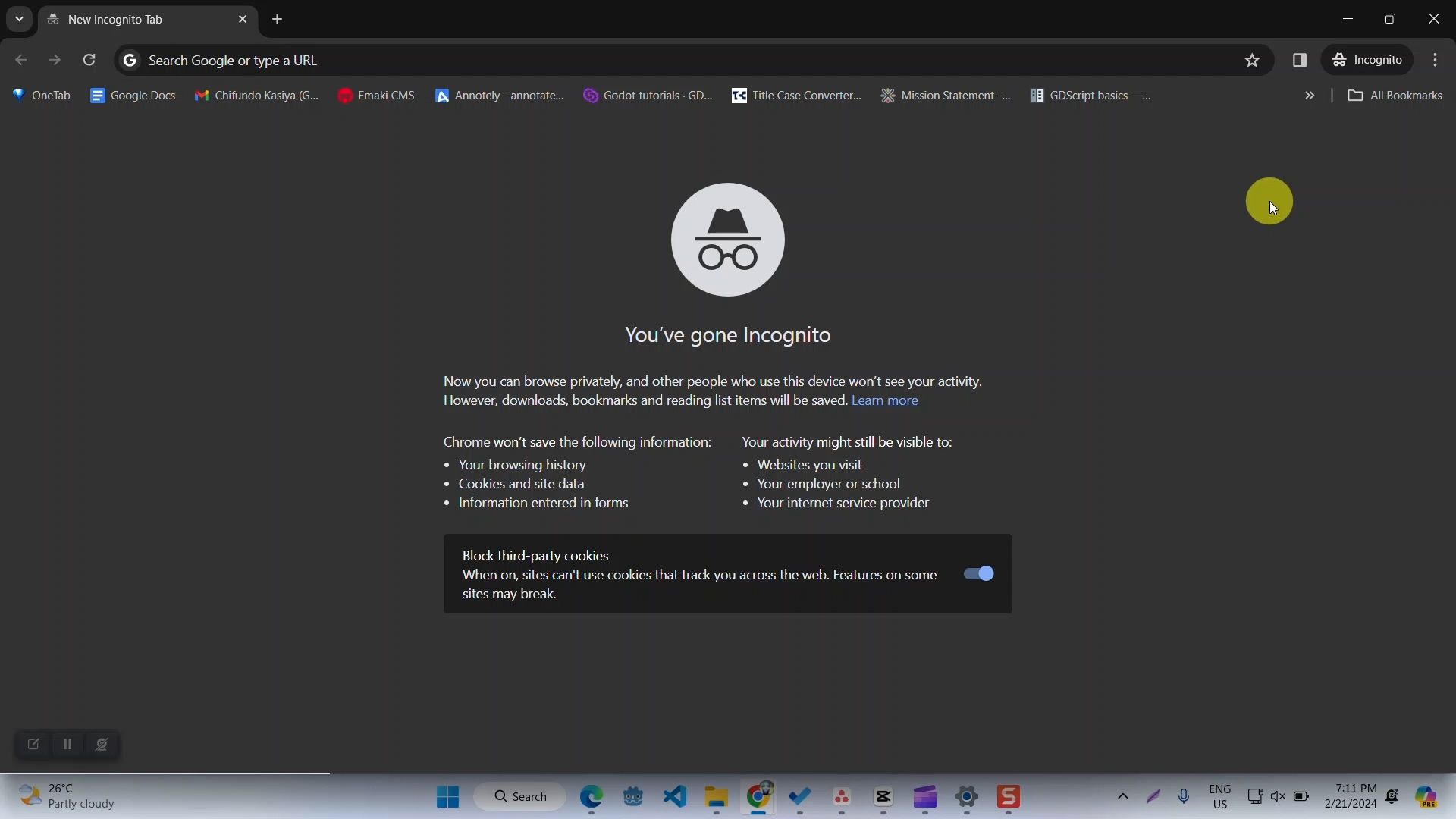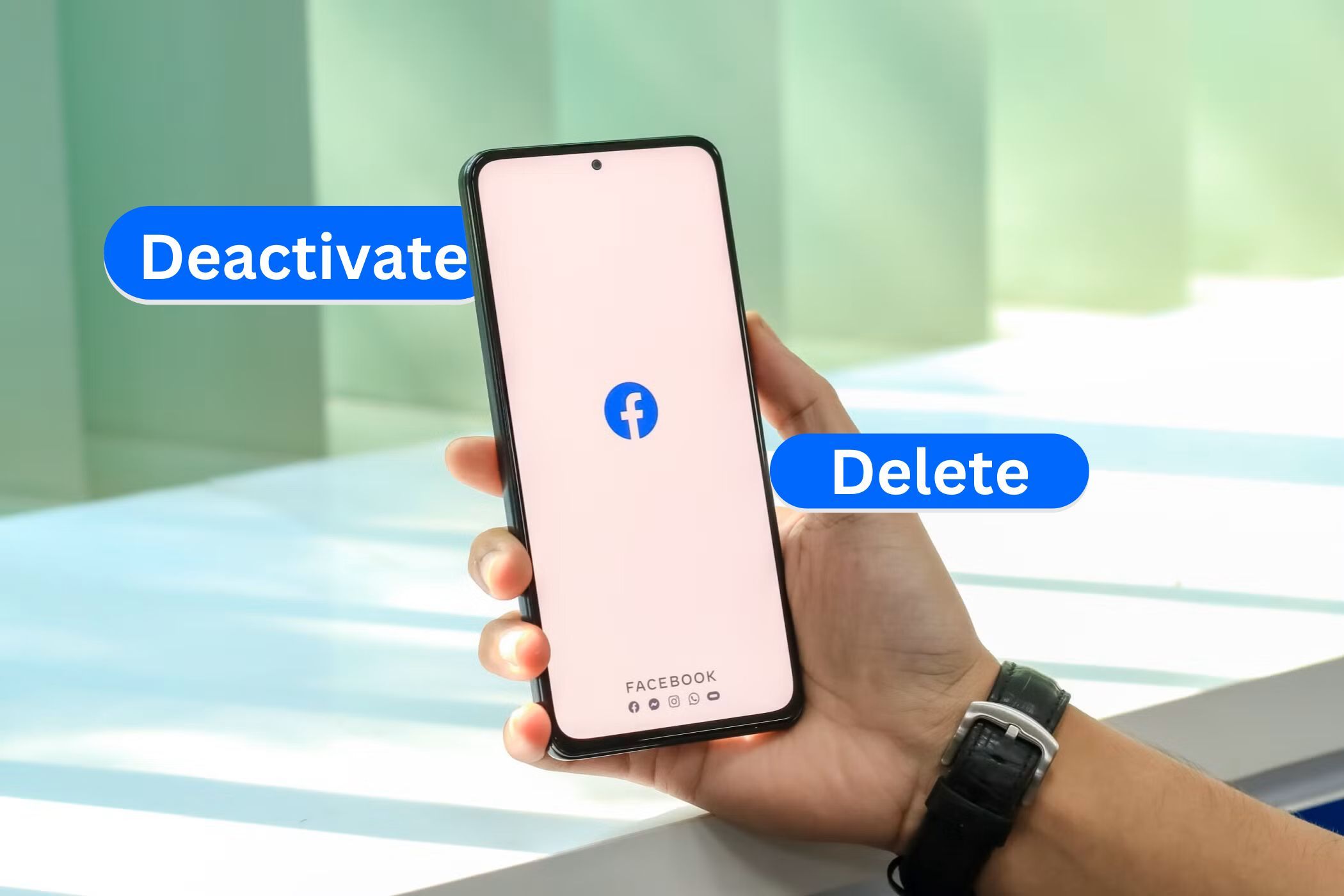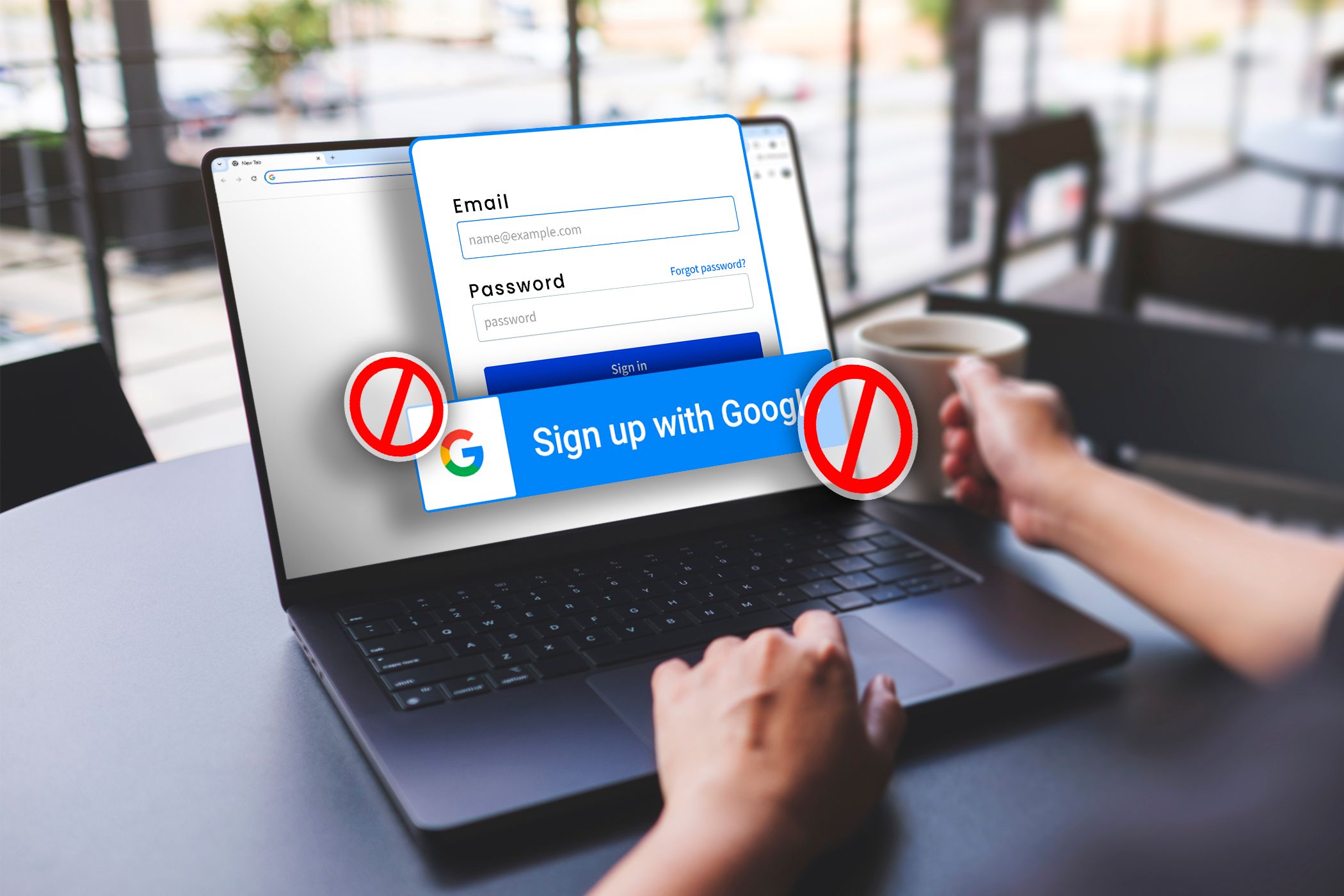I’ve tried to delete my online presence quite a few times, but my years of daily internet usage have made that impossible.
If you’re in the same boat as I am, don’t fret! It took some time, but I’ve slowly deleted myself from the internet by hiding, scrambling, and using my public accounts to mislead people, data brokers, and algorithms.
Stay Anonymous by Learning OSINT and Practicing OPSEC
You cannot achieve gray man status without knowledge of OSINT (Open Source Intelligence) and OPSEC (Operational Security). OSINT refers to the techniques and methodologies used in gathering publicly available information. To protect your data, you must know how people, agencies, and algorithms collect your data.
You don’t need to learn how to conduct OSINT (though it will help); knowing the common techniques for gathering personal data will help your OPSEC online. Here are typical OSINT techniques you need to be aware of:
- Web Scraping and Search Engine Research
- Social Media Profiling
- Geospatial Intelligence (GEOINT)
- Public Records and Databases
- Image and Video Analysis
- Email Address and Username Discovery
After getting familiar with OSINT, you’ll better understand how to conduct your own OPSEC when using the internet. In our case, OPSEC talks about applying techniques and methodologies that ensure we stay hidden on the internet. So, I would label any precaution you take when using the internet as part of your personal OPSEC.
Here are a few of my favorite OPSEC habits I use and would highly recommend to anyone serious about their online security:
- Use Encrypted Communication: Apps like Signal and WhatsApp offer end-to-end encryption.
- Mask Metadata: Before sharing photos or documents, strip metadata that could reveal location or device information. Tools like ExifTool can help.
- Anonymized Browsing: Use privacy-focused browsers and services like Tor and VPNs.
- Virtual Sandboxing: Contains higher privacy risk activities on virtual machines, live bootable operating systems on a USB, or dedicated hardware.
- Selective Engagements: Be mindful of any social media engagements you do online. Don’t engage with online posts if you don’t have to. This may be obvious, but I had to add this to the list to highlight its importance.
There are many things you can do to enhance your online OPSE, but these are the best places to start.
Scrub Your Personal Data Off the Internet
When trying to go anonymous when using the web, you’ll first want to scrub whatever data you have off the internet. This will include deleting your old and unused online accounts, disabling tags on social media, requesting data brokers to delete your info from their databases, removing contact info and addresses from your personal website, etc.
The goal here is to delete, hide, or lock any of your data you can find on the internet. Check through the various search engines and search for your name and usernames to see publicly available data about you. Look through Google, Firefox, Bing, and social media sites with search functionalities such as Facebook, Instagram, X (formerly Twitter), and any social media you have associated with. If possible, try searching as a guest, with an account, and in incognito mode on your preferred browser.
After extensively researching your online presence, list all the info that may be connected to you: these are your targets. Look for ways to scrub them off the internet or at least hide or lock them to stop anyone from digging any deeper. To make the process faster and much more convenient, here are a few features, tools, and services I recommend:
- Data Privacy and Security Settings: Social media platforms typically provide data privacy and security settings. I use these settings to hide and lock my personal data, so I don’t have to manually untag and unlike/heart posts that can be associated with me.
- Data Removal Services: If manually opting out from data brokers feels overwhelming, services like Incogni can handle the heavy lifting for you.
- justdelete.me: When deleting old and unused accounts, you can use an online tool called justdeleteme to find any accounts associated with your email.
This stage will be tedious and time-consuming. It may take days, weeks, or months, depending on how much data was provided in the past.
Create New and Secure Anonymous Accounts
Now that you have removed/hidden/locked your personal information on the internet, you can choose to never use the internet again or do what I do-create anonymous accounts and accounts that cannot be associated with me.
While practicing OPSEC, first create an email. Instead of signing up for Gmail or Yahoo Mail, create an email from more privacy-focused providers. I like Proton Mail as they don’t require a phone number to sign up and use. Of course, you can always try signing up for an anonymous Gmail by using a burner phone number from apps that offer such a service.
Once I have an anonymous email address, I can create anonymous social media accounts using my new email. When signing up, I make sure I don’t use any information that may link to my already established online personality. I use aliases/pseudonyms I have never used before and avoid giving extra info beyond what is required.
If you also want to make anonymous accounts, try using a VPN and sandboxing the activity with a virtual machine. I choose to go to a coffee shop and use a dedicated machine to create these accounts.
Scramble Data and Mislead the Algorithm
Ever searched for something on the internet and got frustrated that you can’t find accurate info on what you’re looking for due to the amount of misleading content online? Why not use the same idea with your personal data?
Keep your main online accounts active and use them to feed false and irrelevant data about you. If your old posts are no longer relevant and you don’t think it may affect your privacy, you can keep them publicly available. Then, you add random/false information to mislead anyone trying to find your information.
Scrambling your search entries can further confuse the algorithm. I use a custom Python script to automate regular random searches on my devices. You can achieve the same effect by regularly searching for things unrelated to you and your interests. You know it’s working when ads and recommendations start becoming random.
Effective deception and data scrambling requires patience and consistency. Don’t search suddenly for random things that are too far from your current interests. You also don’t want to post things people know aren’t true about you. You’ll want your data to gradually change from personal facts to indiscernible fiction.
It is almost impossible to completely delete your online presence today. However, by learning about OSINT, practicing OPSEC, and scrambling your data, you can still experience the same level of privacy as if you had never been on the Internet.







